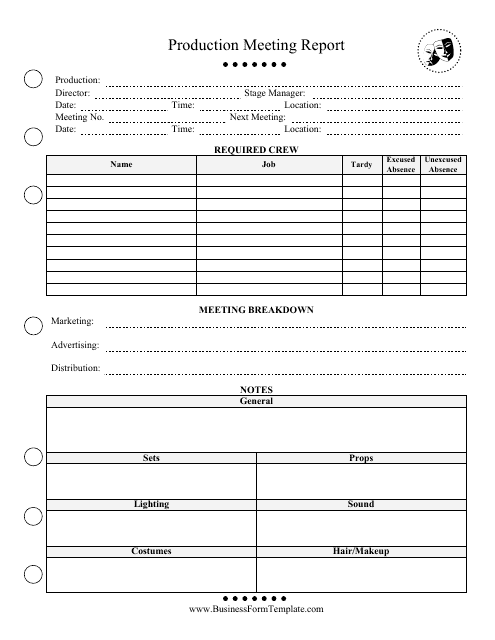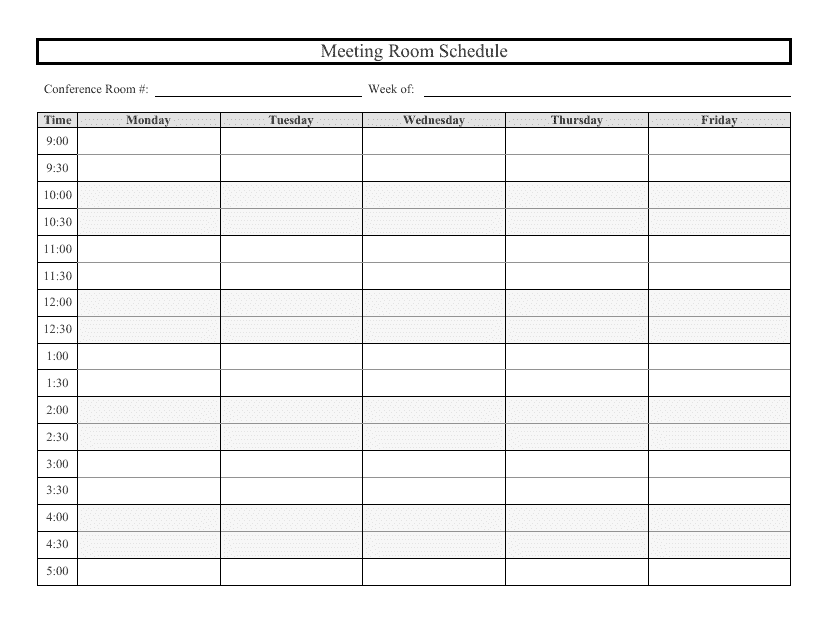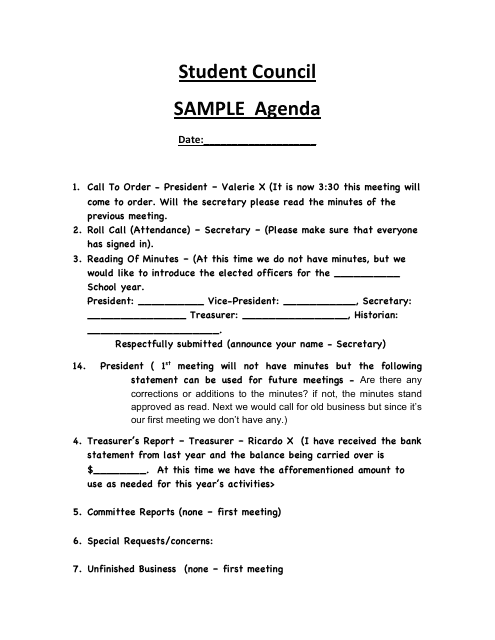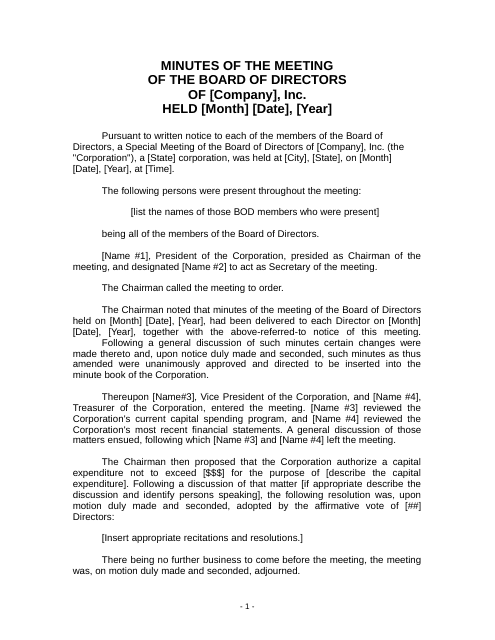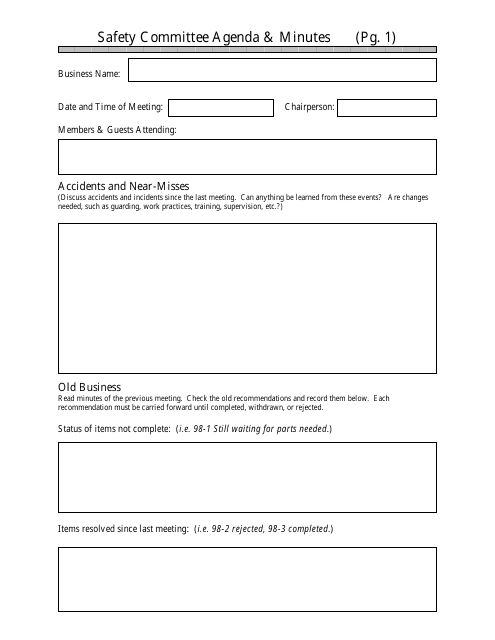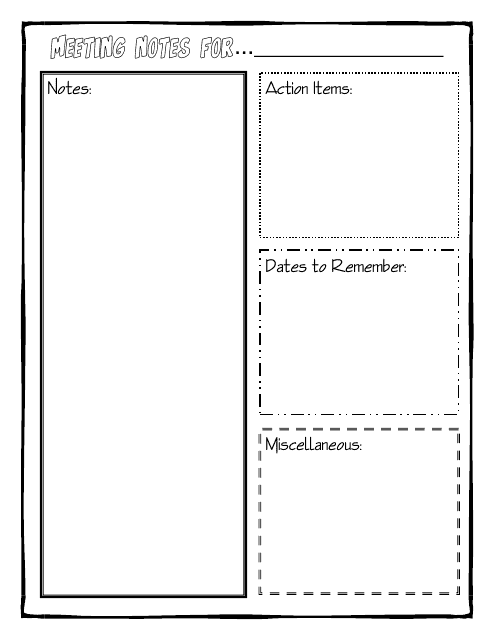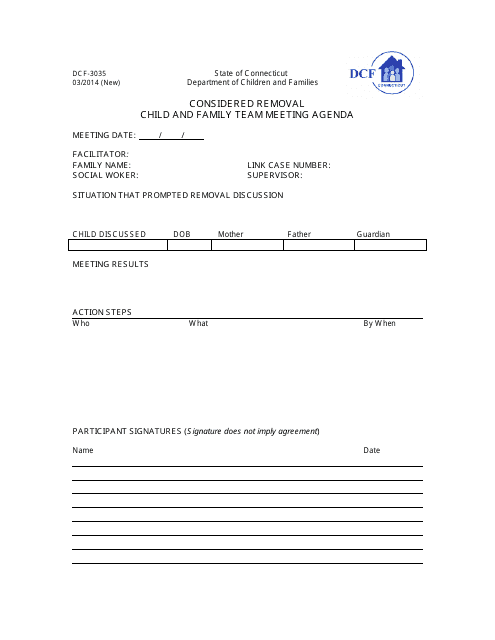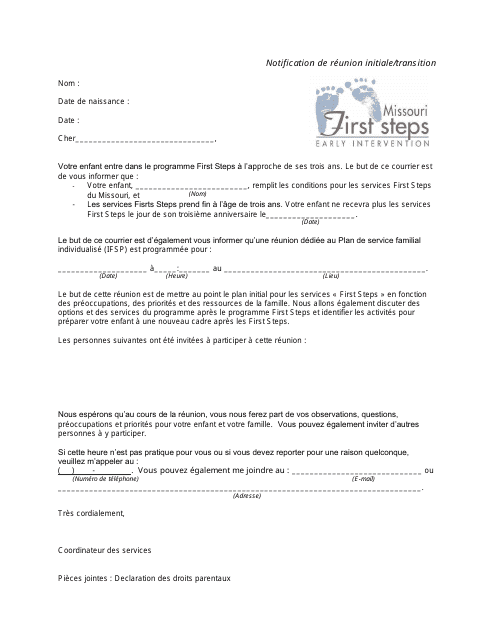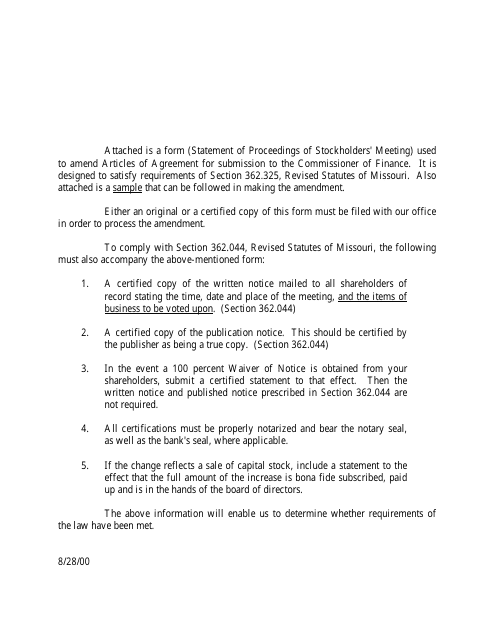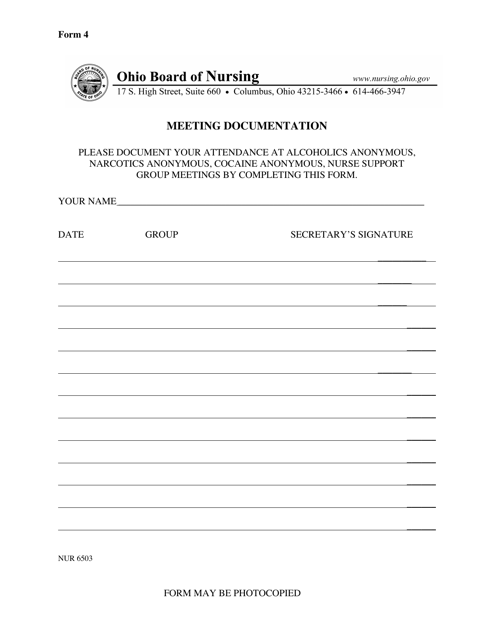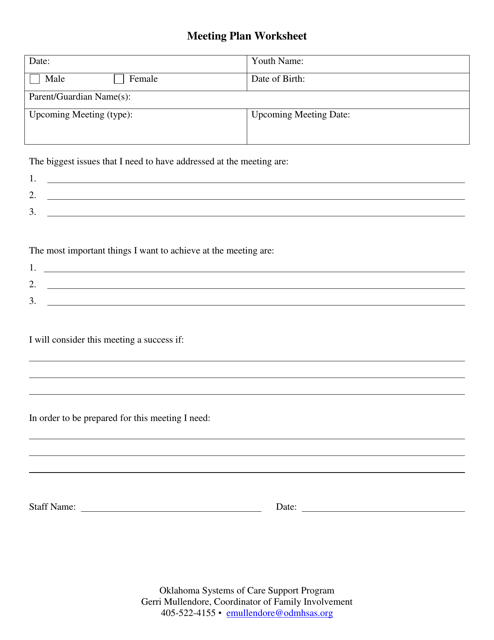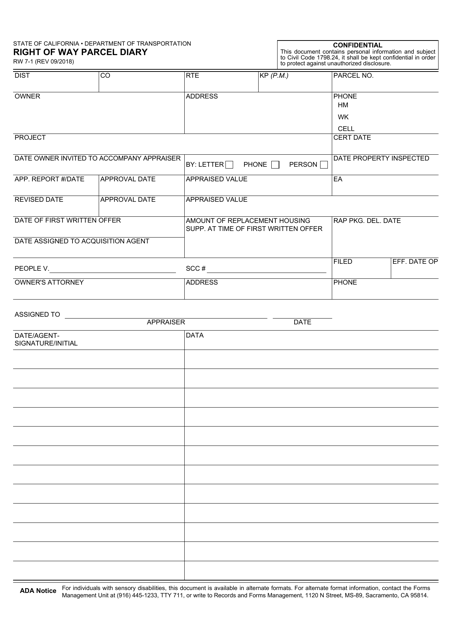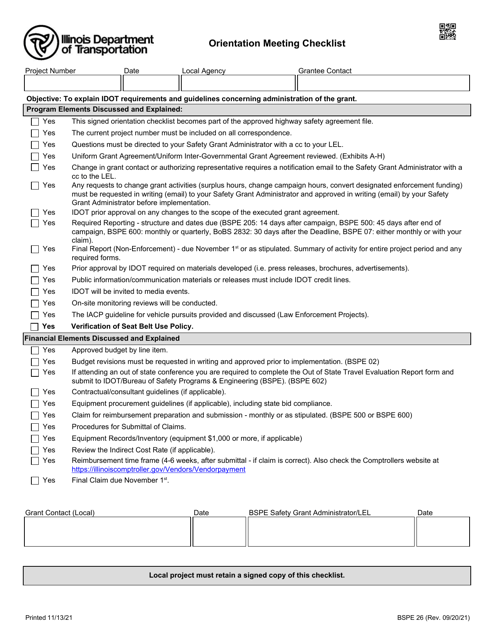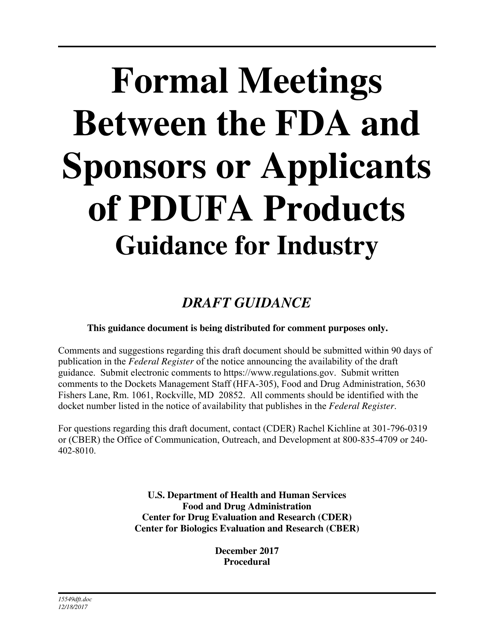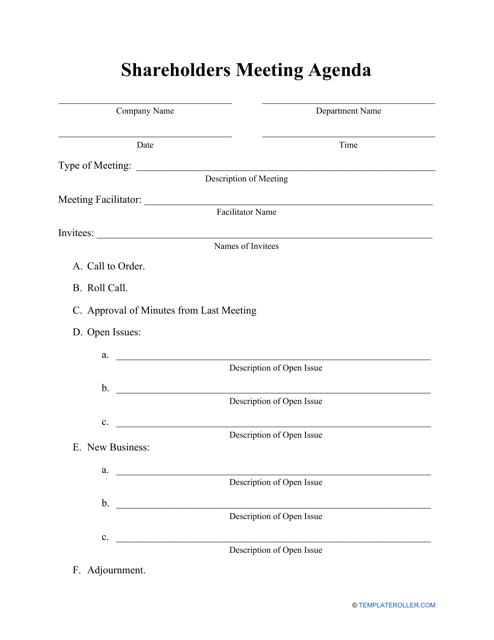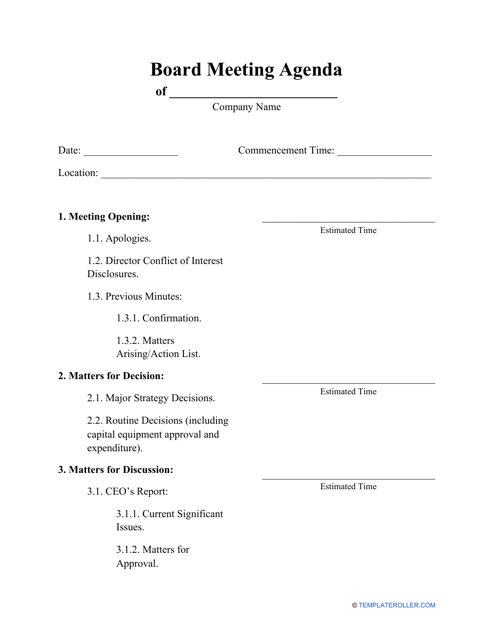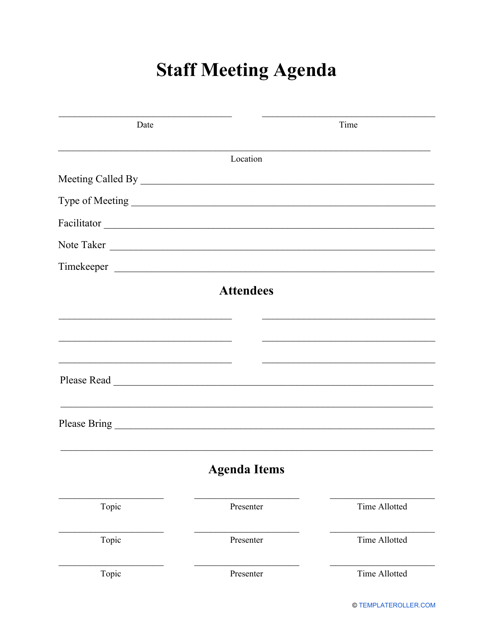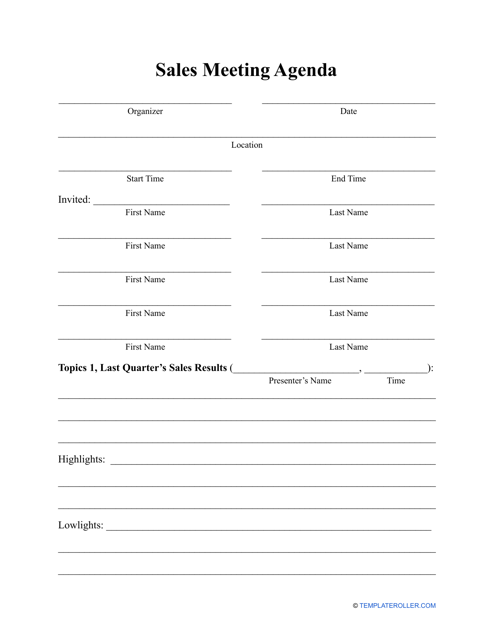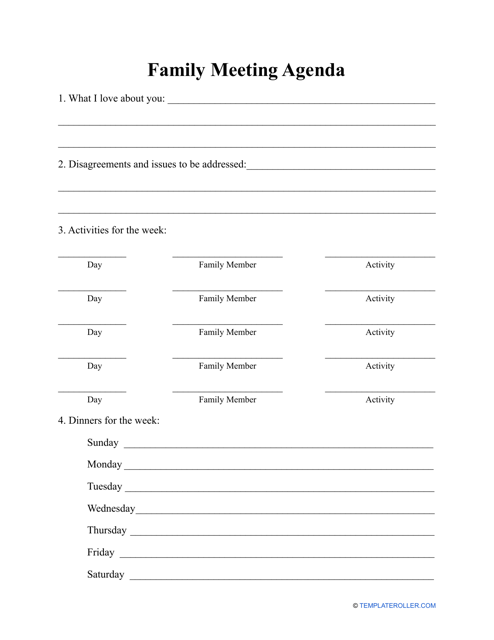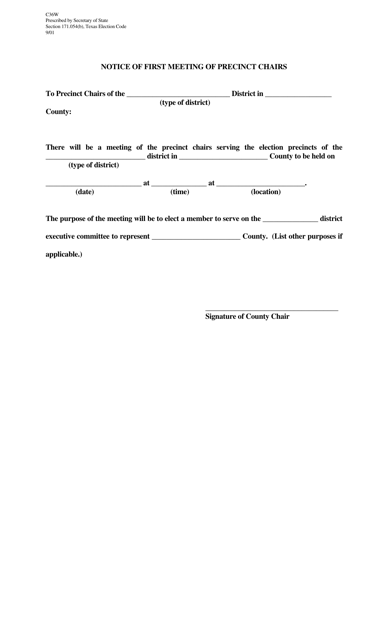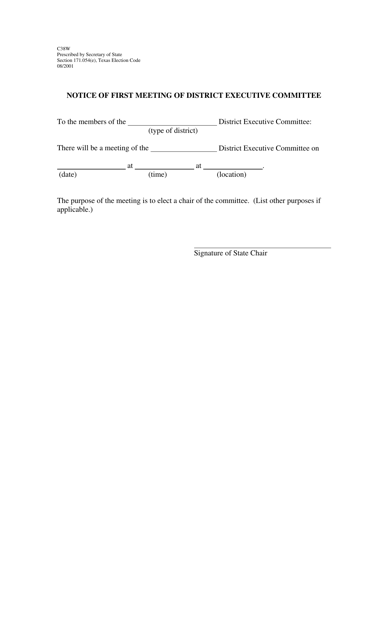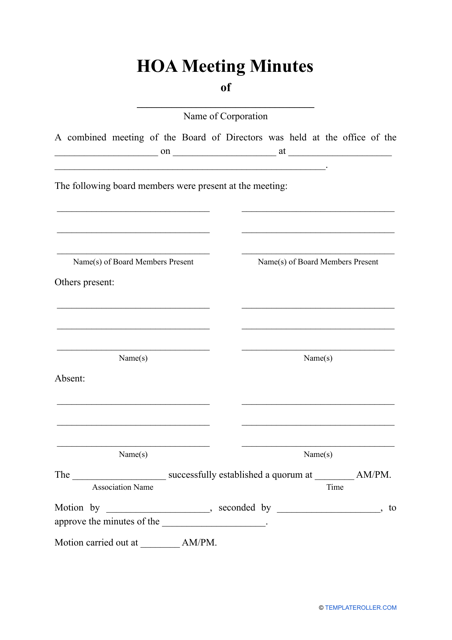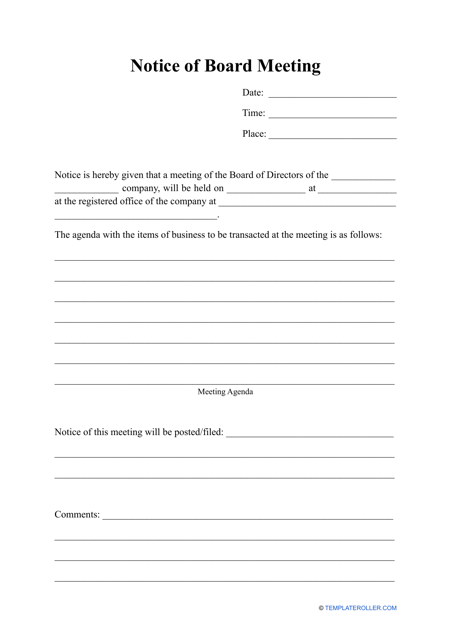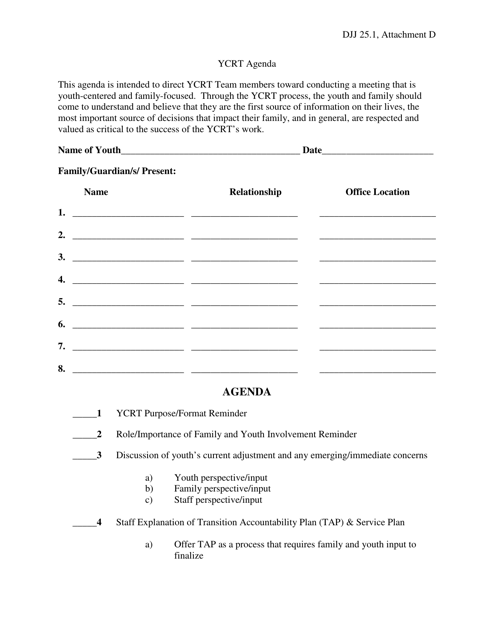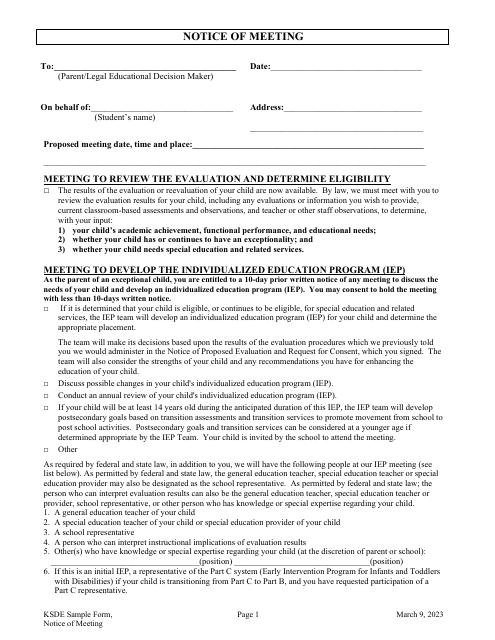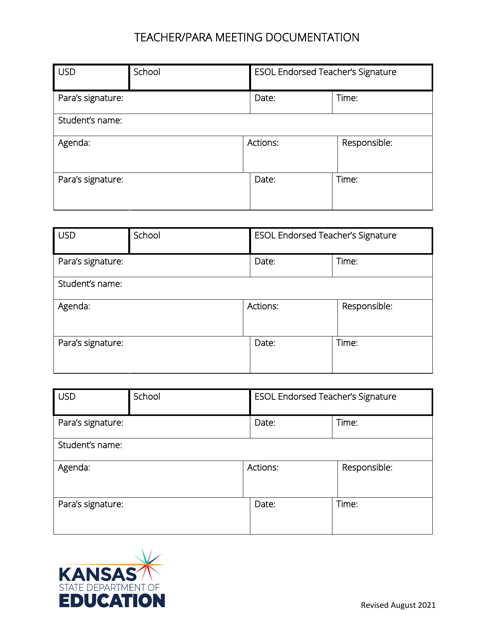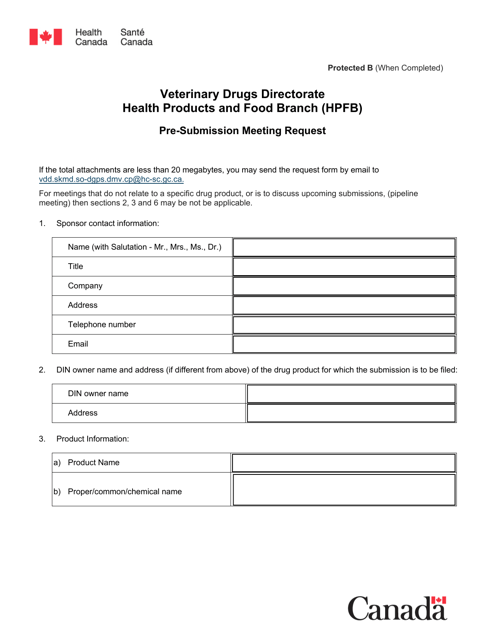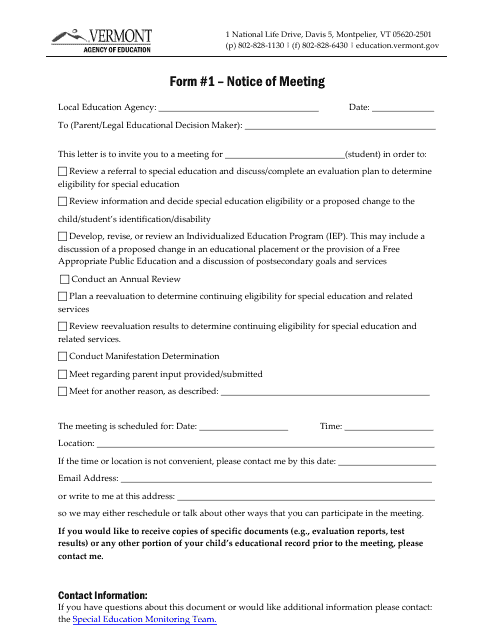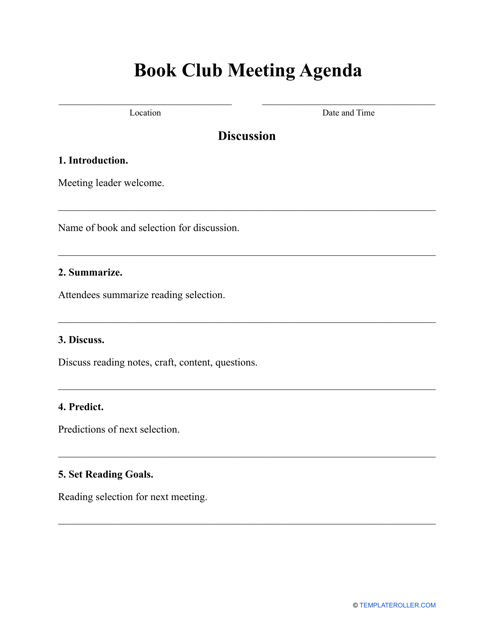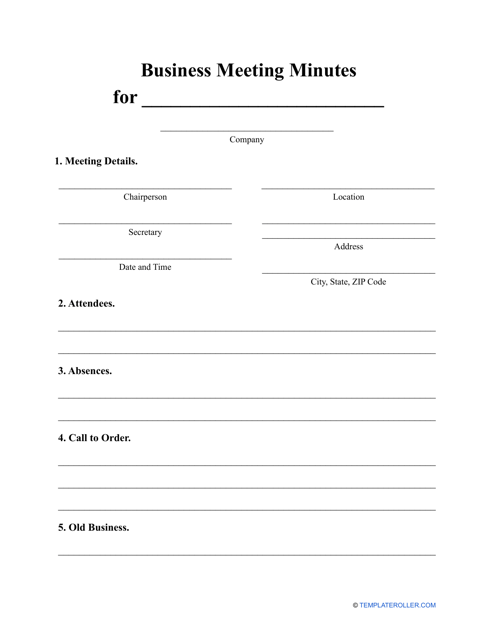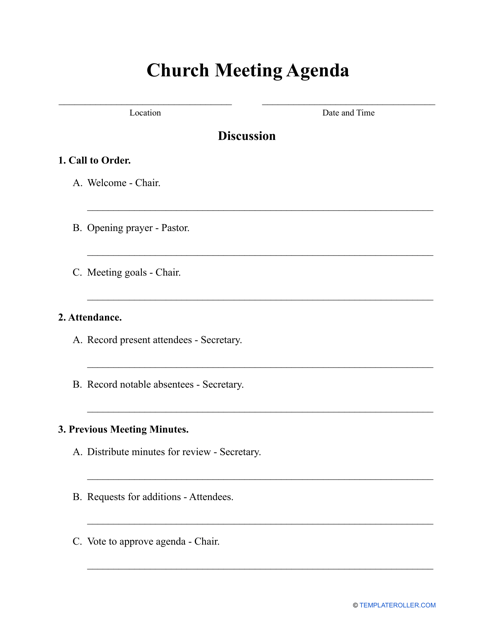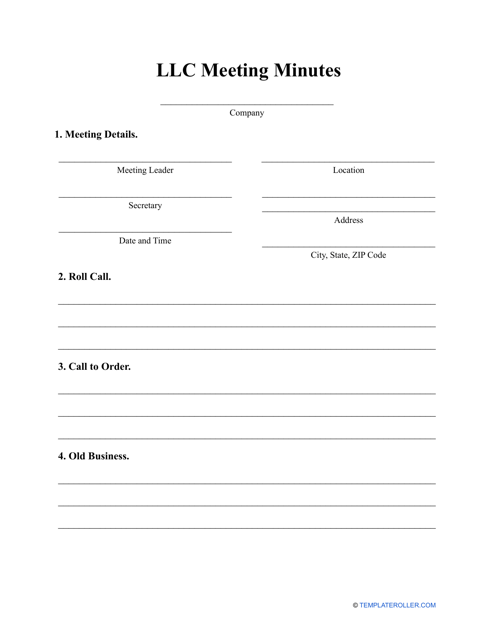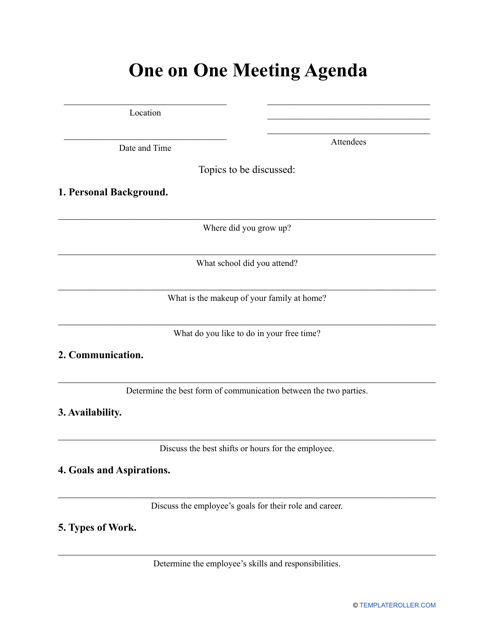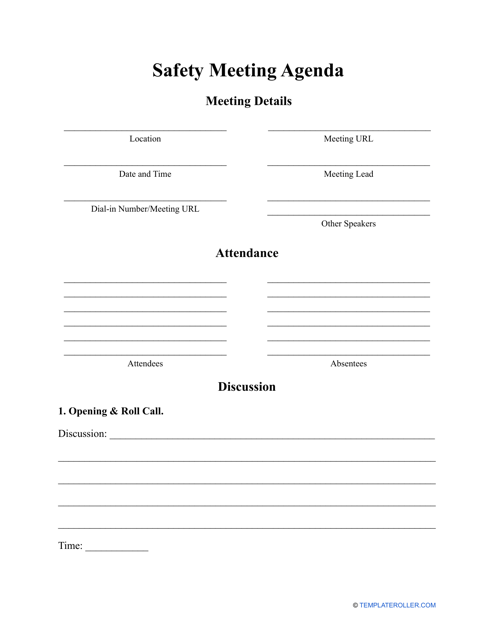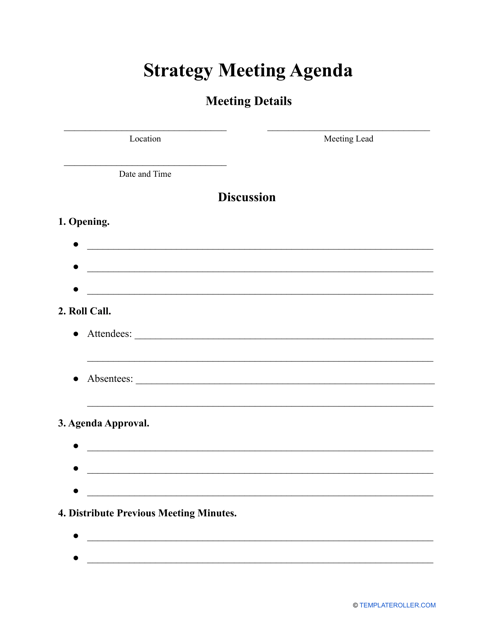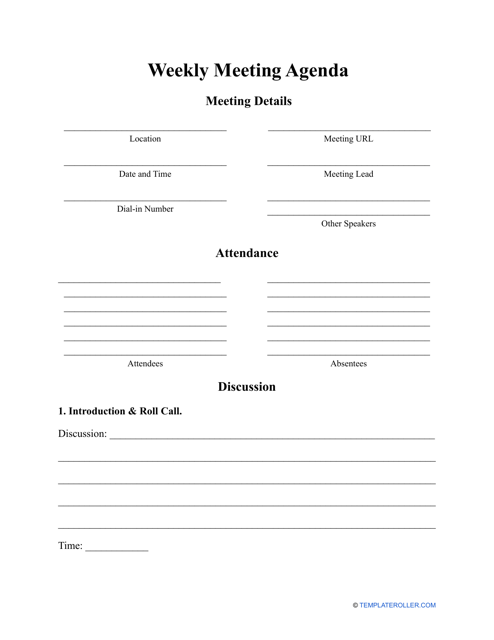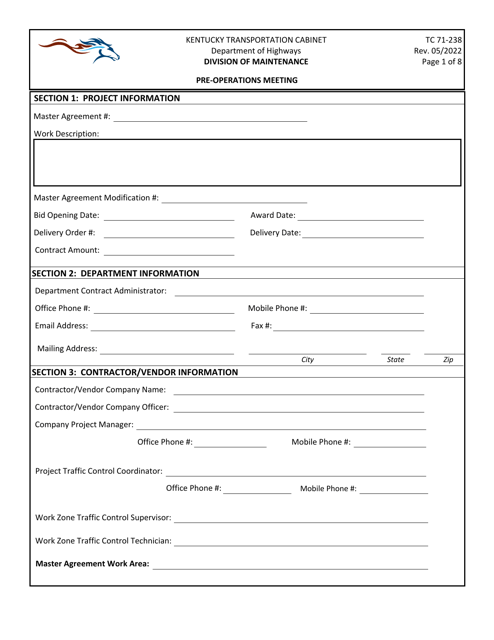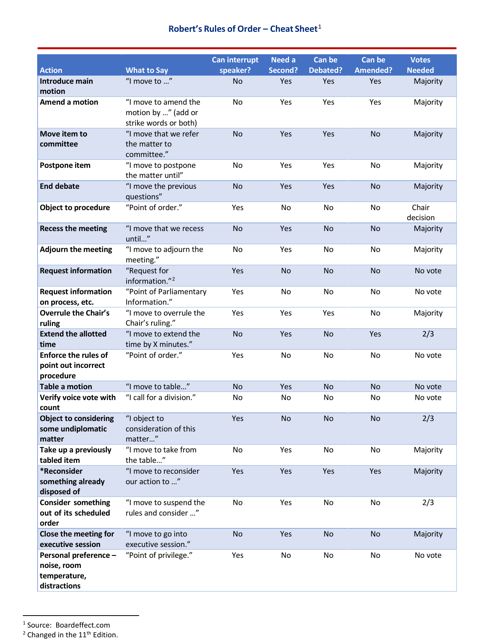Free Meeting Agenda Templates
What Is a Meeting Agenda?
A Meeting Agenda is a document that outlines topics of discussion that participants need to cover during their meeting. Typically, it is made available to the participants in advance, several days or 24 hours before the meeting, so that every person is prepared to contribute to the general discussion. A simple Meeting Agenda can result in a better performance of your business and will solve problems by addressing them using the direct and transparent approach.
If you are looking for a Meeting Agenda template, browse our library of documents below to find the one most suitable for your situation.
What Is the Purpose of an Agenda for a Meeting?
A proper Agenda for a Meeting gives the individual who is responsible for it control over the discussions, issued to be covered, and allows to invite whoever this individual wants. However, every type of agenda has its specific objectives and goals:
- A Board Meeting Agenda lets the board of directors manage the day-to-day business of their company and accomplish special projects. It is the most formal of all agendas because it serves as a basis for the meeting minutes. A properly written Board of Directors Meeting Agenda improves the effectiveness and efficiency of the discussion. Related: Shareholders Meeting Agenda.
- A Staff Meeting Agenda helps to increase the productivity of the meeting between the company managers and employees. Using this document, you can address the larger company goals, recent accomplishments, and everyday challenges of the team. Find time to learn from the staff what is currently working and not working and discuss upcoming projects and next steps to be taken during the company's operations.
- A Sales Meeting Agenda is usually prepared to encourage communication and increase the motivation of any sales team. Sales representatives and their direct supervisors gather to plan effective sales, share the feedback from current sales projects, and schedule training.
- A Family Meeting Agenda allows the family to spend time together and connect while discussing important issues that relate to the family members. This is a focused time when every relative has a chance to voice concerns, plan future endeavors such as vacations and house renovations, and resolve possible disagreements to reduce family conflicts.
How to Write a Meeting Agenda?
Follow these steps to compose a clear-cut Meeting Agenda:
- If you are the person entrusted with creating an agenda for a meeting, you need to request information from the future participants to engage them more. Learn their suggestions about what the agenda should contain and try to include the feedback to the document. To contact the colleagues or family members who will participate in the meeting, use e-mail, so that you can get answers in the written form as soon as possible.
- Determine the main goal of the meeting - you must know a particular purpose, for instance, exchange of information, planning for the future, making a decision, or obtaining progress reports. Do not waste the participants' time - the meeting is to be focused on issues that affect most of the people, not just a couple of them. Prioritize the most important questions and stick to them. Calculate how much time each issue will be discussed.
- Title the agenda and outline the topic of the meeting.
- Create a precise schedule and list every issue that will be discussed. Each topic should have an estimated time to help other people to prepare and possibly request more time if it is necessary. If each topic should be led by a certain individual, write their names next to the issue.
- Prepare to be flexible with the agenda - leave some time for other things. For example, you may schedule question time - 5-10 minutes so that the participants can address topics of importance and express their opinions.
- Indicate the details of the meeting in the agenda - state the location, time, and date of the meeting. Name everyone who will participate in the discussion. If your meeting must be online, provide contact details and describe how the online conference can be accessed.
- Send the agenda to every participant. Do it as early as you can - preferably, a week ahead of the meeting.
Related Forms and Templates:
Documents:
44
This document is a template for creating a production meeting report. It provides a structured format for documenting discussions, decisions, and action items during a production meeting. Using this template can help ensure that all important information is captured and easily accessible for future reference.
This document is a Meeting Room Schedule Template used to organize and manage meetings in a designated room.
This document provides a template for creating a meeting agenda. Use it to organize topics and discussions for effective meetings.
This document is a template for recording the minutes of a meeting conducted by a company's board of directors. It helps to document decisions, actions, and discussions during the meeting. Use this template to efficiently organize and track the proceedings of your board meetings.
This document provides a template for creating an agenda and recording minutes for a safety committee meeting. It assists in ensuring effective communication and organization during safety discussions and decision-making.
This document provides a black and white template for taking meeting notes. It helps organize and record important information discussed during the meeting.
This form is used for a child and family team meeting agenda related to the consideration of removing a child in the state of Connecticut.
This document notifies individuals about an initial or transition meeting in Missouri. It is written in French.
This document provides the record of discussions and decisions made at a meeting held by stockholders in Missouri. It outlines the topics discussed and actions taken during the meeting.
This Form is used for documenting meetings in Ohio. It helps to record important discussions, decisions, and actions taken during the meeting.
This document is a meeting planning worksheet for organizing meetings in the state of Oklahoma. It provides a structured template to plan agendas, goals, and logistics for effective meetings.
This Form is used for documenting the right of way parcels in the state of California. It serves as a diary to keep track of the parcels and their corresponding information.
Formal Meetings Between the FDA and Sponsors or Applicants of Pdufa Products - Guidance for Industry
This is a document presented to all shareholders to inform them about a shareholders' meeting that contains all of the topics that are subject to discussion.
This is a written template created to list the topics the board of directors will discuss during a gathering and figure out how much time the activities the company has planned for the meeting will take.
This type of template can be used to outline the structure of an upcoming gathering of employees.
The salesperson in charge of a sales meeting may use this type of template to plan an upcoming gathering of salespeople and their supervisors and update each other on their recent accomplishments.
A family can prepare this type of template before a weekly meeting to state the topics of discussions and new rules for the family, assign chores and duties, and share love and affection for each other.
This form is used for notifying precinct chairs in Texas about the first meeting that will be held.
This form is used for notifying members about the first meeting of the District Executive Committee in Texas.
This document represents an official record of everything that has been said or occurred during the meeting of community residents who make up a Homeowner Association (HOA).
This document is a template for creating a notice of board meeting. It can be used to inform board members about an upcoming meeting and provide details about the agenda and location.
This document is used for documenting meetings between teachers and paraprofessionals in the state of Kansas. It helps in record keeping and ensuring effective communication.
This type of document is used to request a meeting with Canadian authorities before submitting a formal application for a specific purpose.
Members of a book club or those wishing to start one may use this type of template when gathering people to talk about a current book that they are reading
A business may use this type of template to record any important information regarding any meeting that takes place within the company.
The purpose of this type of agenda is to structure all of these various parts of the church meeting appropriately, ensuring that all important points are discussed and nothing is left forgotten.
This kind of template can be used as written down notes which are recorded in great detail during a meeting between the owners of a Limited Liability Company.
An employer or manager may use this type of template to make a clear, structured, and organized plan concerning the various things that they would like to discuss with an employee during a one on one meeting.
A company or an individual may use this type of template to help structure a Safety Metting Agenda for their own purposes.
This type of template is used to form an informative manual for participants to keep track during a meeting in which a specific plan or marketable strategy is being talked about.
This type of agenda acts as a written list of activities and topics of discussion the employees of a particular company will talk about once they gather for a briefing.
This document is used for pre-operations meetings in the state of Kentucky.
This document provides a simplified and easy-to-follow summary of the key rules and procedures outlined in Robert's Rules of Order. It is a handy reference tool for individuals wanting to navigate parliamentary meetings and ensure fair and orderly decision-making processes.

